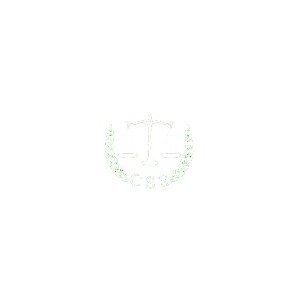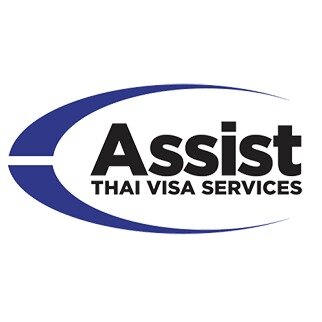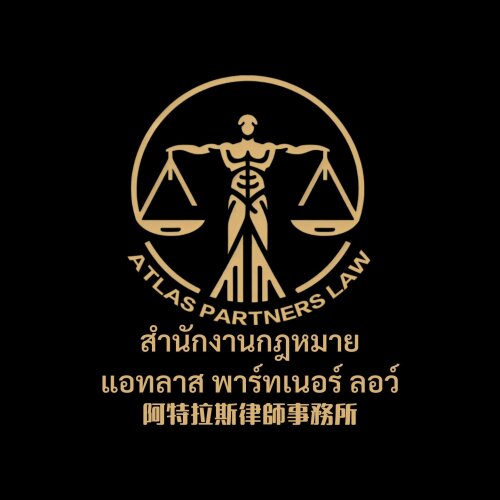About Business Visa Law in Chiang Mai, Thailand
Chiang Mai, located in northern Thailand, has become an increasingly attractive destination for expatriates and international business professionals. The Thai government offers a variety of visas, including business visas, to accommodate individuals who are aiming to engage in legitimate business activities within the country. A standard Business Visa in Thailand is the Non-Immigrant Visa "B," which is typically issued to individuals who either are employed by a Thai company or conduct business meetings in Thailand. The visa application process requires careful preparation and adherence to Thai immigration laws and regulations.
Why You May Need a Lawyer
There are several scenarios where seeking legal advice for a Business Visa in Chiang Mai may be beneficial:
- Understanding the eligibility criteria for a Business Visa, especially if there is a complex employment or business structure involved.
- Assisting in the preparation and review of required documentation to increase the likelihood of a successful visa application.
- Navigating the Thai legal system, which can be complex for foreigners unfamiliar with local laws and procedures.
- Providing representation in case of visa rejections or legal disputes related to business operations in Thailand.
- Advising on the legal implications of operating a business in Thailand, including compliance, taxation, and regulatory requirements.
Local Laws Overview
Key aspects of local laws that are relevant to obtaining a Business Visa in Chiang Mai include:
- Visa Application Requirements: Applicants must provide evidence of employment, business invitation, or a company letterhead with company seal, along with financial proof and identity documents.
- Duration and Extension: A standard Business Visa may be valid for 90 days or up to one year. Extensions can be sought in-country with a valid work permit.
- Employment Regulations: Foreigners must obtain a work permit to work legally in Thailand. This requirement aligns with the business visa to ensure compliance with Thai labor laws.
- Business Compliance: Companies operating in Thailand need to adhere to local business registration, taxation, and corporate governance regulations.
Frequently Asked Questions
What documents are required for a Business Visa application in Chiang Mai?
Typically, a passport with at least six months validity, a completed visa application form, proof of financial means, employment affidavit, recent photographs, and, if applicable, a letter from the prospective employer or a business letter of invitation are necessary.
How long does it take to process a Business Visa application?
The processing time for a Business Visa can vary depending on the embassy or consulate, but it generally takes 5-10 business days. Consulting with a lawyer may expedite the preparation process.
Can I apply for a Business Visa from within Thailand?
No, initial applications for a Business Visa must generally be submitted from outside Thailand at a Royal Thai Embassy or Consulate.
Is it possible to convert a tourist visa to a Business Visa in Chiang Mai?
In most cases, it is not possible to convert a tourist visa to a Business Visa within Thailand. Applicants should apply for a Business Visa from their home country.
Do I need a work permit in addition to a Business Visa?
Yes, a work permit is required to lawfully work in Thailand. The Business Visa allows entry into the country and the work permit authorizes employment.
What is the penalty for overstaying a Business Visa in Thailand?
Overstaying your visa in Thailand incurs fines and may result in bans from the country depending on the duration of the overstay. Legal advice is recommended to resolve any such issues.
Can the Business Visa be extended beyond one year?
Extensions are possible, particularly if you have an ongoing employment contract or business operations in Thailand. This generally requires a valid work permit and additional documentation.
What happens if my Business Visa application is denied?
If a Business Visa application is denied, consulting with an immigration lawyer can help you understand the reason for denial and explore the possibility of reapplying or appealing.
Is it necessary to know Thai to apply for a Business Visa?
While not mandatory, knowledge of Thai language or hiring a translator can be beneficial in understanding documents and communication during the application process.
Can family members accompany me on a Business Visa?
Family members can accompany the visa holder, but they will need to obtain a Non-Immigrant O visa, allowing them to stay in Thailand for the duration of the business visa holder's stay.
Additional Resources
For individuals seeking further assistance, the following resources can be helpful:
- Thai Immigration Bureau: Provides official information and guidelines on visa categories and application procedures.
- Royal Thai Consulate in Chiang Mai: Offers services related to visa applications and nationality-related inquiries.
- Local Immigration Lawyers: Expert legal counsel can be invaluable for navigating complex visa regulations.
- Thai Board of Investment (BOI): Useful for individuals planning to invest or establish business operations in Thailand.
Next Steps
If you require legal assistance regarding a Business Visa in Chiang Mai, Thailand, here are some suggested steps:
- Schedule a consultation with a local immigration lawyer to gain a comprehensive understanding of your specific situation and requirements.
- Gather all required documentation and evidence of business activities to expedite the application process.
- Visit the Thai Embassy or Consulate in your home country or current location to initiate your visa application.
- Stay informed of any changes in Thai immigration laws that might affect your visa status or business operations.
- Consider joining expatriate or business community groups in Chiang Mai for support and guidance from peers who have undergone similar processes.
Lawzana helps you find the best lawyers and law firms in Chiang Mai through a curated and pre-screened list of qualified legal professionals. Our platform offers rankings and detailed profiles of attorneys and law firms, allowing you to compare based on practice areas, including Business Visa, experience, and client feedback.
Each profile includes a description of the firm's areas of practice, client reviews, team members and partners, year of establishment, spoken languages, office locations, contact information, social media presence, and any published articles or resources. Most firms on our platform speak English and are experienced in both local and international legal matters.
Get a quote from top-rated law firms in Chiang Mai, Thailand — quickly, securely, and without unnecessary hassle.
Disclaimer:
The information provided on this page is for general informational purposes only and does not constitute legal advice. While we strive to ensure the accuracy and relevance of the content, legal information may change over time, and interpretations of the law can vary. You should always consult with a qualified legal professional for advice specific to your situation.
We disclaim all liability for actions taken or not taken based on the content of this page. If you believe any information is incorrect or outdated, please contact us, and we will review and update it where appropriate.















